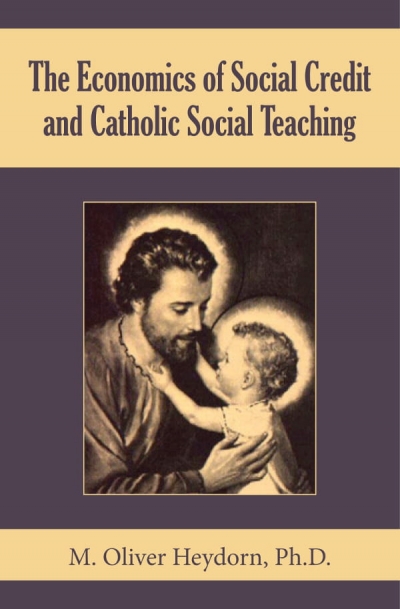- Home
- About Us
- S C Theory
-
S C Action
- Social Credit News
-
Social Credit Views
- Social Credit in Summary
- The Economics of Social Credit in Summary
- The A+B Theorem
- The Bank Creation of Money Out of Nothing
- Social Credit and Usury
- Social Credit vs. a Basic Income
- Social Credit and Leisure
- Social Credit vs. Socialism
- Social Credit and Income Inequality
- Social Credit and War
- Social Credit and Catholicism
- Social Credit and Distributism
- Action FAQ
- Resources
- Publications
- Contact us
- Donate






